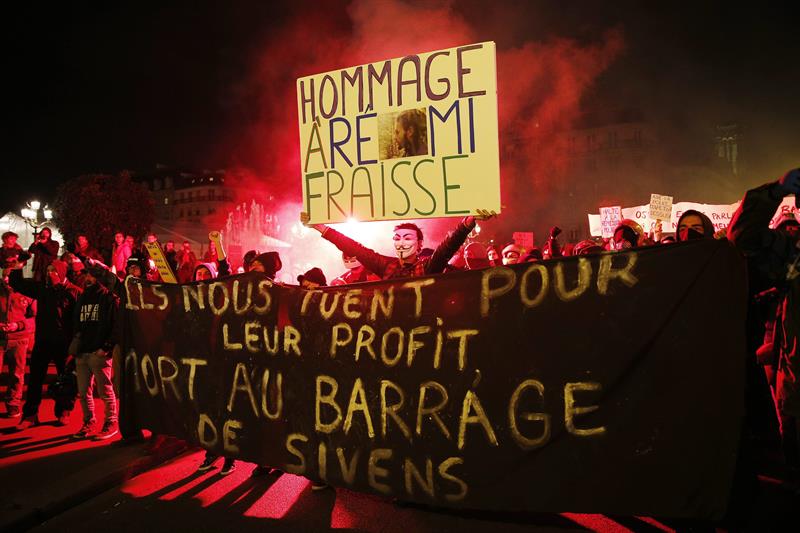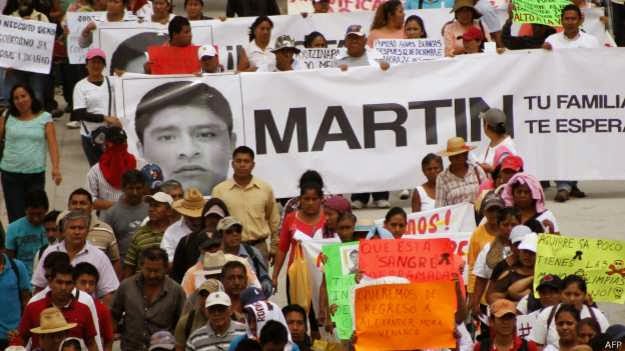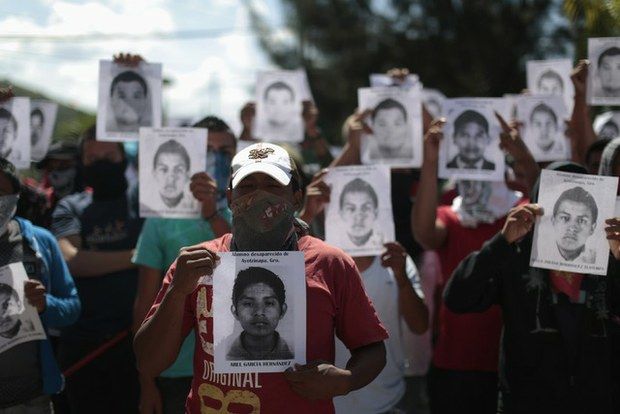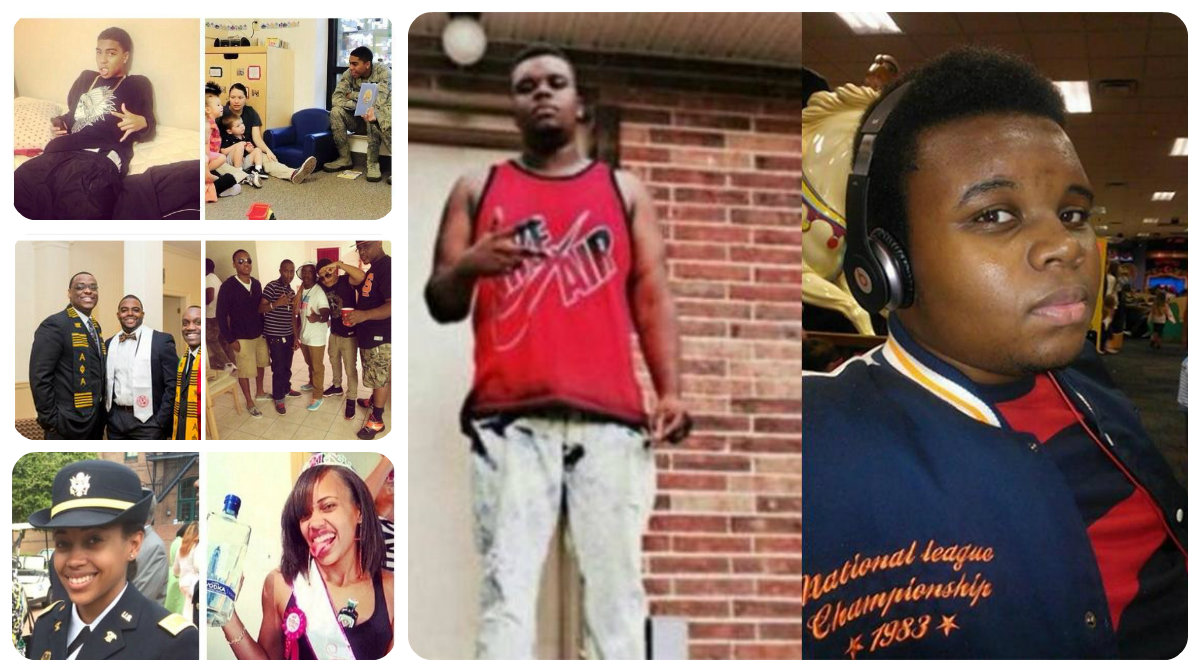Socialists and cops
The left and the "police family": Partido Obrero and Izquierda Socialista regarding the police: Reform or dissolution?
27/06/2010
The case of the police shooting of civilians in Bariloche and the subsequent repression by the police has again provoked the discussion on the role of the police and the forces of repression. On the one hand, fascist groups went out to support the murderous Río Negro cops and defend severe measures against the poor, branded as "criminals." On the other hand, "progressive" groups, many of which support the Kirchner government that ordered the repression against the Kraft workers last year, insist on the false idea that it is possible to "reform" the police.
Many of these groups, like the [governing Peronist] Partido Justicialista, Proyecto Sur, or Libres del Sur, as well as the PCR, the MST, and, unfortunately, the Partido Obrero and Izquierda Socialista, are signers of the various statements of the Bariloche Multisectoral [coalition] [1], that, for example, condemns "the situation of government chaos at the provincial and municipal level and the incompetence exhibited in front of a mobilized society." That is, they are demanding more "intervention" from government.
A police force "truthful and transparent, with education in human rights"
The Partido Obrero endorses one of the statements of the Bariloche Multisectoral where they maintain that "we do not want a police force that only (!?) knows about repressing and killing, about deals and corruption. We demand a truthful and transparent police force, with social and human rights education."
For its part, Izquierda Socialista takes a further step, and in a press release [2] they state that "a profound reform of the police institution is needed, one that accents prevention, limits the use of firearms to the minimum (!?) and NEVER shoots to kill... The policeman must have an education in keeping with the responsibility of carrying a weapon, that includes basic concepts of human rights, and the constitutional rights of all individuals. He must also have a decent salary and a right to join a union. We propose that police commissioners be elected by the people, as happens in the USA."
Beyond the hardly apt example of electing police commissioners "as in the United States" (one of the most brutal and racist police forces in the world, that every year kills hundreds of African Americans and Latinos), the "democratizing" politics of the Partido Obrero and Izquierda Socialista, of fighting for a police forced "educated in human rights" is a big surrender to the right wing, that came out in a disgusting manner in Bariloche, to defend the cops, handing over talking about "more safety" to the right wing.
From the PTS, we participated in the marches in Bariloche and in the rest of the country (like the one that took place the Saturday following the repression in the Río Negro city of Cipolletti) in repudiation of the police shooting of civilians and the repression, with all the[other] organizations, but without joining in the requests for a "reform" of the police. Marx explained with great clarity that cops and crime are complementary institutions. The police apparatus fosters crime, with which it is connected via direct ties and mutual affairs, and crime justifies the existence of the police apparatus, which defends big property, while claiming to protect residents.
The role of the police, as a "band of armed men," is that of defending capitalist private property through the monopoly of force; that is why, for revolutionary socialists, there is no question of reforming that reactionary institution, but of putting an end to it. For that reason, from the PTS, we fight for the dissolution of police forces and their being replaced by a workers’ and popular militia, subordinate to, and controlled by, organizations of workers, of oppressed people and human rights’ activists.


![Declaration of the Movimiento de los Trabajadores Socialistas [MTS] facing the brutal murder and disappearance of the normalistas students of Ayotzinapa](http://www.ft-ci.org/IMG/arton8590.jpg?1687978277)











